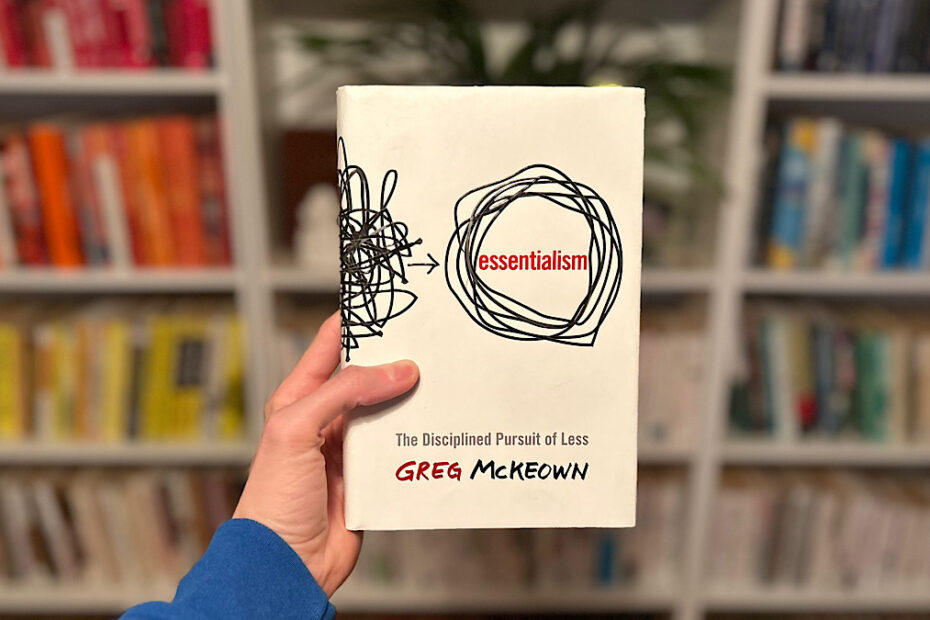23 Greg McKeown Quotes from Essentialism and How To Live Better Via Less
Excerpt: These quotes from Essentialism present a hard-to-argue-with case for a better life via less. Maybe “more” isn’t what we need more of after all…
Read More »23 Greg McKeown Quotes from Essentialism and How To Live Better Via Less
